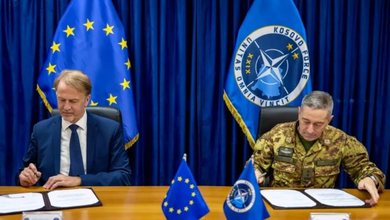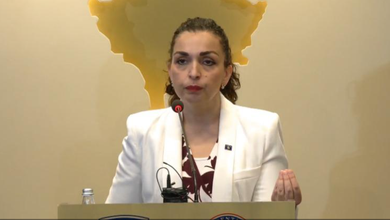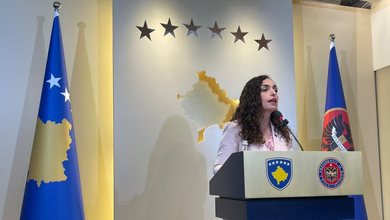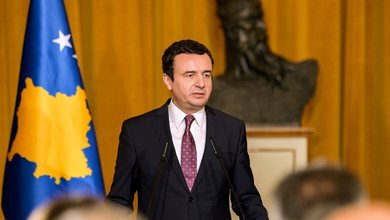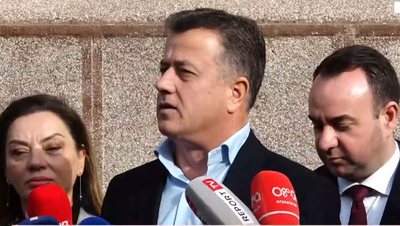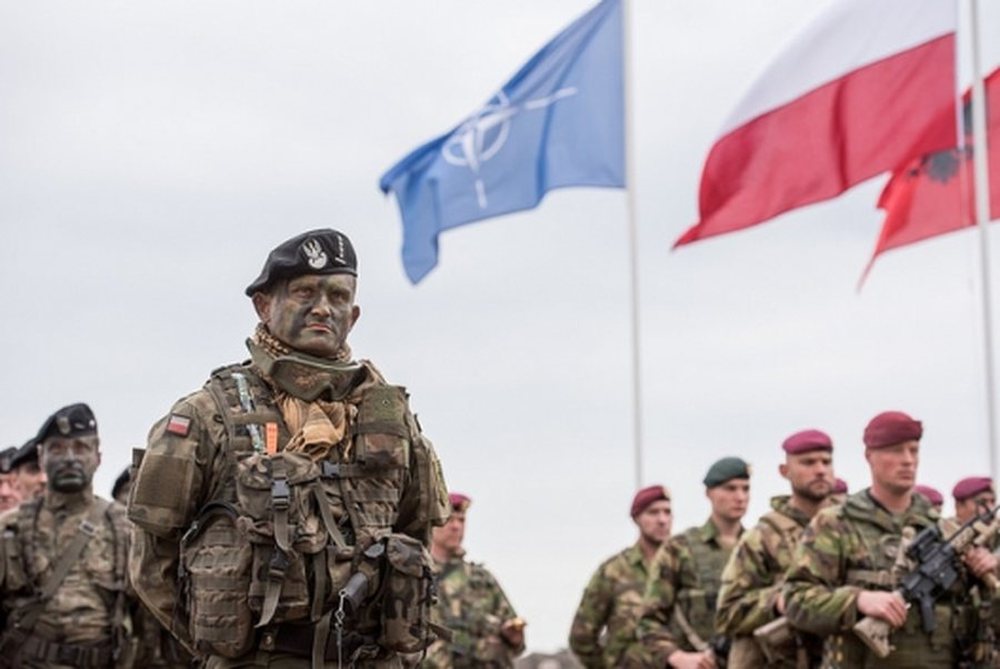
NATO has announced the launch of a new operation to strengthen the defense of Europe's eastern flank, following the violation of Polish airspace by Russian drones this week. The alliance's Secretary General, Mark Rutte, said on Friday that the operation, called "Eastern Sentry," will begin in the coming days and will involve assets from Denmark, France, the United Kingdom, Germany and other allied countries.
"Eastern Sentry will add flexibility and strength to our posture and show that, as a defensive alliance, we are always ready to defend every inch of our territory," Rutte said.
According to the Supreme Allied Commander Europe, US General Alexus Grynkewich, the operation will be "flexible and rapid", including reinforced capabilities, integrated air and ground defense, as well as increased information sharing between member countries.
The first phase will involve two F-16 jets and an anti-aircraft frigate from Denmark, three Rafale jets from France and four Eurofighters from Germany, NATO said in a press release. Grynkewich stressed that while the immediate focus remains Poland, the operation will cover the entire eastern flank of the alliance, from the far north to the Black Sea and the Mediterranean.
Airspace violation and reactions
Polish Prime Minister Donald Tusk called the airspace violation an "attack" and denied that it could have been a mistake, contrary to the suggestion of US President Donald Trump, who a day earlier said that the drone entry could have been accidental.
Polish authorities have reported that Russia may have launched up to 21 drones into their territory on Wednesday, entering partly from the border with Belarus. The remains of 16 drones have been found in various areas of the country, covering hundreds of square kilometers.
The incident was also discussed at the UN Security Council on Friday, where the United States and dozens of other countries expressed “deep concern” about the Russian provocation. The US ambassador to the UN, Dorothy Shea, said the violation of Polish airspace showed “a lack of respect” for peace efforts.
On the other hand, Russia's representative to the UN, Vasily Nebenzya, denied his country's involvement, claiming that the drones used could not have physically reached Polish territory.
NATO's position
Rutte stressed that the assessment of Wednesday's incident is still in progress, but regardless of whether the Russian actions were intentional or not, they constitute a violation of the airspace of a NATO country.
"Therefore, as an alliance, we must demonstrate our determination and ability to defend our territory. This is exactly what Eastern Sentry aims to achieve," he said.
The new operation follows measures taken earlier this year with Operation Baltic Sentry, which was carried out after sabotage of cables in the Baltic Sea.


